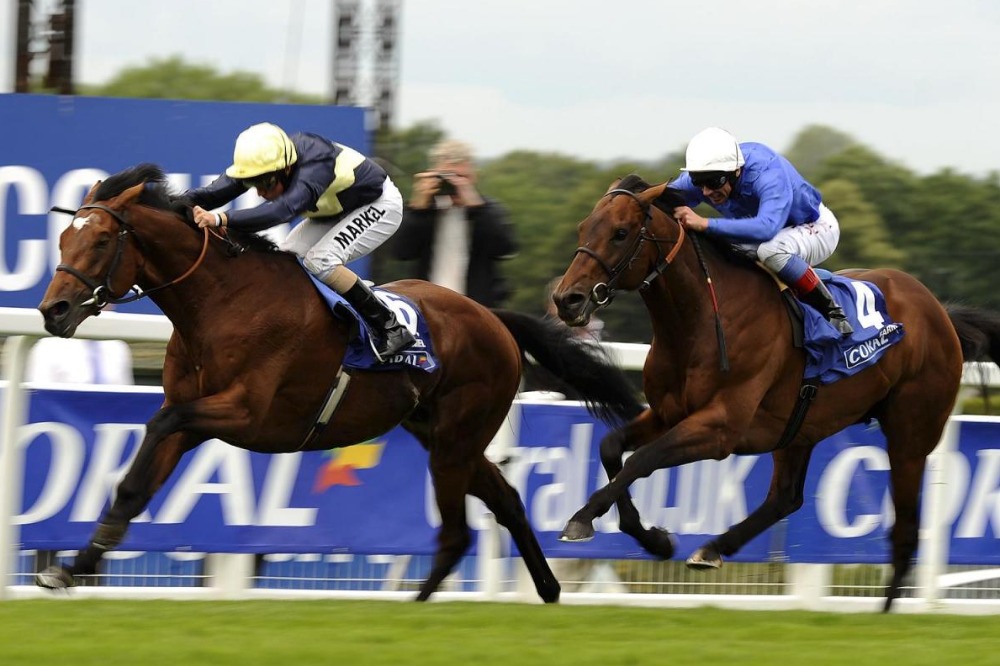Paul St John
June 17, 2021Buick vs Dettori
Clement Freud once watched three consecutive rugby World Cup games, hoping that no-one scored.

He was spread betting. His firm had offered a price on the total points and the ex-MP had gone low (for a substantial unit stake).
Spread betting leads to bizarre behaviour. Watching football in the pub, the spread bettor is the one who fist-pumps every corner (and is unmoved by anything else). In Freud’s case, he sat, fixated, oblivious to the outside world, for seven hours, and ended exhausted and, frustratingly, dead even.
Spread bettors create their own weird world, and live in it. At Royal Ascot a market was available that pitched one jockey against another across the meeting. For a single stake a punter had guaranteed interest in 35 races. It was shown thus:
Buick/Dettori 2-5
Buick, as the first-named, was favourite. The market awarded ten points to the winning-most rider, plus three points per race won. On the Tuesday both had five rides but only Buick, on the odds-on Coroebus, recorded a win.
With the score at 1-0, the state of the spread was +13. A backer (or buyer) of Buick at a unit stake of £10 would consider himself 8 points or £80 up, having traded at 5. If the boot had been on the other foot, if Buick’s mount had lost by a head instead of winning by one, and if Frankie (who, although fifth, was only beaten half a length) had taken the race, the spread would be -13, with the Buick-backer £180 down.
Dettori uncharacteristically missed the break on his best Wednesday chance. Buick won on a favourite. 2-0. By the end of Friday it was 3-1.
A curious aspect of spread betting is that losing is just as compelling as winning. A punter who had sold the market (favouring Frankie) was, at the beginning of the final day, losing by 14 times his unit stake. He would be resigned to a substantial loss but still hopeful. A single Frankie win would reduce the deficit to 11, but two would mean the make-up (the result) was zero and give him a two point profit.
Scanning the card didn’t raise spirits. Frankie had three rides at single figure odds; Buick the same, but one was odds-on. The latter was beaten, but the hot favourite for champion jockey won the second race, and Frankie drew a blank. Buyers won 17 times their stake, sellers lost 20.
Trades like this are available every racing day of the year. Many are designed for punters who prefer to rely on chance.
Aggregate Multi-Mules, just for example. This is a market spread over two or more meetings where the product of the race card numbers of the first two home are multiplied together, then added to the result of all the other races.
Thus, if 9 beats 2, then 18 is the make up. It gets interesting, or hysterical, when a couple of large handicaps are on the card. When 28 might beat 25 but, alternatively, 6 has a perfectly good chance of prevailing over 1.
Bettors who go for mad bets like this tend to buy, in that it feels a more positive bold move. Consequently, the spreads offered take this into account. The sensible policy, if such a word can be used in this context, is to sell.

Written by:
Paul St John
Share article:


